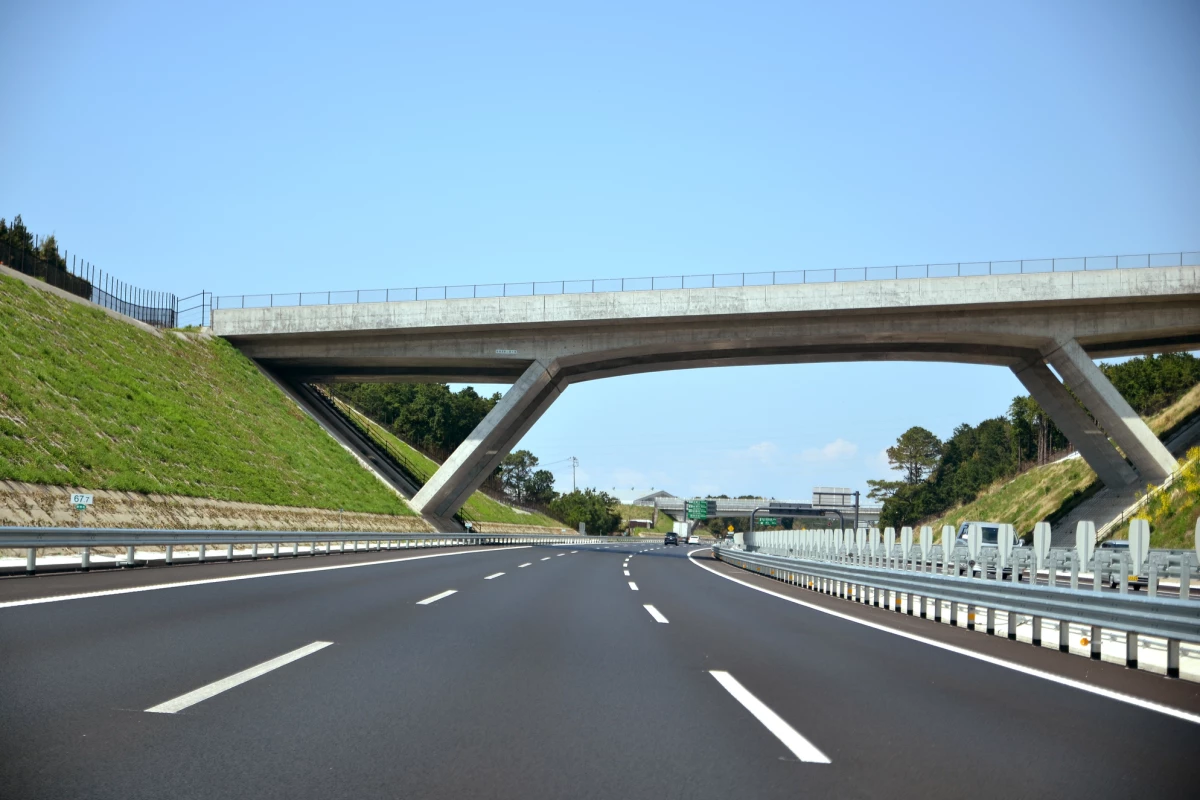One of the many areas graphene promises to have transformative effects is in fortifying construction materials like concrete and asphalt. A first-of-a-kind trial now underway seeks to apply the wonder material's impressive attributes to one of the UK's major thoroughfares, by deploying it in a road resurfacing project along a stretch of the A1.
Made up of a single sheet of carbon atoms arranged in a honeycomb pattern, graphene offers incredible strength and flexibility, and by incorporating it into materials like asphalt scientists hope to develop road surfaces that last far longer, and therefore cost less to maintain.
Back in 2017 we looked at an interesting take on this from a pair of Italian companies that developed an asphalt material doped with a graphene additive to make it less likely to soften in the heat and crack in the cold under high loads. This product, known as Gipave, also incorporates plastic pellets and was recently rolled out along stretches of UK roads as part of trials to see how it can extend the lifespan of the surface.
As reported by the BBC, this new trial differs in that National Highways will be adding the graphene to the mix on site. The road authority will scrape up the existing asphalt along a three-mile (4.8-km) section of the A1 in the north, add in the raw graphene on site and then apply the fresh mixture to the surface, a technique it bills as a world-first.
"Laboratory trials have been a success and the on-site trials in Northumberland will be a world first use of graphene in road production, which enforces our commitment to innovation and helps to push the industry towards more carbon-friendly maintenance with longer-lasting solutions which we all benefit from," says National Highways Asset Needs Manager Graeme Watt.
The trials are being carried out with researchers at the University of Manchester, where graphene was first isolated back in 2004. Since then, scientists at the university have continued to uncover exciting new properties of the material and broaden its applications, which recently included putting it to use as the world's first graphene-enhanced concrete slab.
The "revolutionary" resurfacing project is due for completion on November 3, with its performance to then be monitored to see how it prolongs the lifespan of the road.
Source: National Highways




